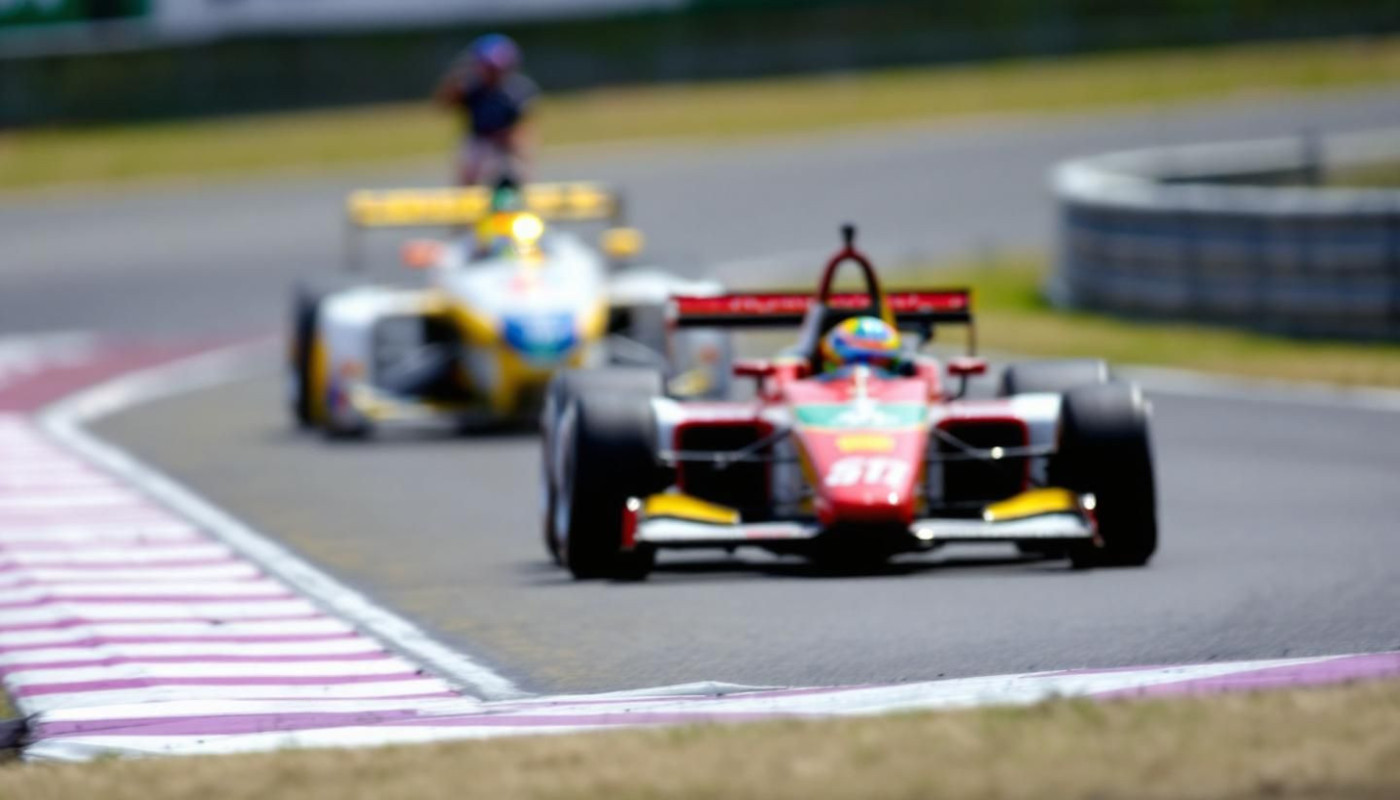Table of contents
Early achievements can be a key turning point in any driver's career, acting as a springboard towards long-term success or a warning sign for future obstacles. Understanding how initial results influence a driver's journey offers insight into the competitive world of motorsport and the factors that determine lasting prominence. Dive into the following sections to reveal how early performances can shape opportunities, reputation, and overall trajectory within this demanding field.
Early milestones and confidence
Early career achievements in motorsport often serve as pivotal moments that shape driver confidence and influence long-term career growth. When a driver secures significant victories or consistently delivers strong race results early on, these milestones can dramatically enhance self-belief, fueling motivation and readiness to embrace greater challenges. The psychological impact of early successes extends beyond immediate gratification; it encourages drivers to take calculated risks, adapt quickly, and persist through setbacks. Performance metrics such as podium finishes, qualifying positions, and lap times provide tangible evidence of capability, reinforcing a driver's perception of their potential. This cycle of achievement and self-assurance not only propels motivation but also fosters resilience, adaptability, and a proactive approach to personal development, laying the groundwork for sustained excellence throughout a racing career.
Sponsorship and team interest
Strong early results serve as a powerful catalyst for attracting sponsorship opportunities and drawing the attention of leading racing teams. Motorsport funding is highly competitive, and organizations continually engage in talent identification to secure drivers with the potential to deliver long-term success. When a driver demonstrates impressive abilities in the initial stages of their career, their marketability significantly increases, making them appealing candidates during team selection processes. Teams and sponsors closely analyze early results to gauge consistency, adaptability, and growth potential, often basing contract offers and financial backing on these performances. This dynamic effectively shapes the driver market, where emerging talents with proven records receive advantageous positions, lucrative deals, and greater exposure. For a practical example of how early performances influence opportunities in motorsport, try this site, which provides detailed driver profiles and race histories.
Media attention and reputation
Strong early career performance in racing serves as a catalyst for extensive media exposure, which significantly shapes a driver’s public perception and overall driver reputation. When a young driver achieves notable racing achievements, the media often crafts compelling narratives that can amplify their presence both on and off the track. This heightened attention not only attracts sponsors but also establishes a distinct brand identity, positioning the driver for greater opportunities. Yet, the spotlight created by these media stories can be double-edged: positive coverage may generate momentum and open doors, while intense scrutiny can add pressure and magnify any missteps. The interconnection between early career results, media exposure, and the evolution of a driver’s reputation forms a dynamic relationship, influencing how fans, teams, and sponsors perceive upcoming talent in motorsport.
Skill development trajectory
Early career results serve as a diagnostic tool, setting the trajectory for a driver's skill development and allocating resources within driver training programs. Racing feedback obtained from initial performances enables coaching strategies to target specific technical and tactical skills, ensuring that training interventions address a driver's unique strengths and weaknesses. Through longitudinal assessment, data collected from races and practice sessions informs both immediate adjustments and long-term plans, linking early feedback to measurable improvement over time. This iterative process not only shapes a driver's career trajectory but also optimizes the effectiveness of coaching strategies, fostering continuous growth in a highly competitive environment.
Long-term career implications
In motorsport, the early results of a driver play a pivotal role in determining career progression and shaping long-term potential. Strong performances during the formative years often set a positive tone, establishing a reputation that attracts sponsors and secures seats with competitive teams. Such momentum can lead to a favorable career pathway, making it easier to access top-tier opportunities and enhance professional growth. On the other hand, those who encounter early setbacks might find their racing prospects diminished, facing fewer chances to prove themselves and a tougher journey toward advancement. These initial challenges, though difficult, can also serve as catalysts for developing resilience and adaptability—traits that are highly valued throughout a driver future in the sport. Whether marked by rapid ascension or gradual development, the first seasons invariably influence perceptions within the industry and impact the strategic decisions made by both teams and drivers regarding long-term career planning.
On the same subject

How Emerging Technologies Are Reshaping Traditional Education Methods

Exploring The Impact Of AI On Traditional Graphic Design Practices

Exploring The Benefits Of Free AI-Powered Chatbots For Online Engagement

What are the advances of GPT chat in the area of content writing?

